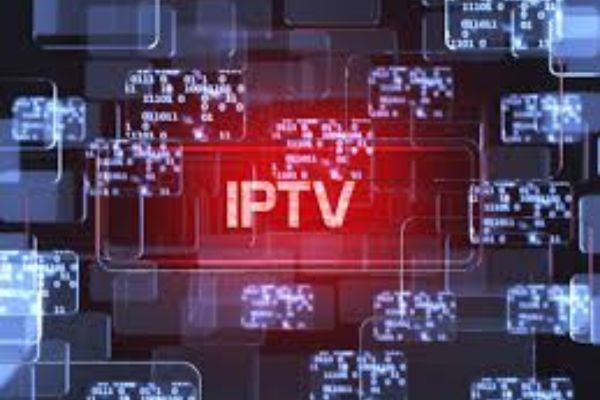IPTV, or Internet Protocol Television, is a method of delivering television content over the internet instead of traditional broadcast methods like cable or satellite. IPTV allows users to stream live
TV channels and on-demand content on their TVs, computers, tablets, and smartphones using an internet connection. In this article, we will explore what IPTV is, how it works, and its benefits.
How IPTV Works
IPTV works by using Internet Protocol (IP) technology to deliver TV channels and content over the internet. The content is delivered through a dedicated network, which ensures high-quality
streaming and on-demand services. Unlike traditional TV broadcast methods, IPTV delivers content through an internet connection, making it accessible from anywhere in the world.
IPTV technology works by encoding the TV channels and content into IP packets and transmitting them through the internet. Once received, the user’s device decodes the packets and displays the
content on the screen. This process is known as streaming.
Types of IPTV Services
There are three types of IPTV services: live television, time-shifted television, and video-on- demand.
➢ Live Television: Live television is the most common type of IPTV service. It allows users to watch live TV channels as they are broadcasted. Live television IPTV services often come with an electronic program guide (EPG), which allows users to navigate through channels and schedules.
➢ Time-Shifted Television: Time-shifted television, also known as catch-up TV, allows users to watch TV programs that have already been broadcasted. Time-shifted IPTV services often come with a feature that allows users to pause, rewind, and fast-forward the program.
➢ Video-on-Demand: Video-on-demand (VOD) allows users to access a library of movies, TV shows, and other video content. VOD IPTV services often come with a search feature that allows users to search for content based on keywords.
Benefits of IPTV
IPTV offers several benefits over traditional TV broadcast methods:
➢ Flexibility: IPTV allows users to watch TV channels and content on any device with an internet connection. Users can watch TV on their TVs, computers, tablets, and smartphones.
➢ On-Demand Content: IPTV offers a vast library of on-demand content, including movies, TV shows, and other video content. Users can watch this content at any time, on any device.
➢ High-Quality Streaming: IPTV uses a dedicated network to deliver TV channels and content, ensuring high-quality streaming and on-demand services.
➢ Electronic Program Guide: IPTV services often come with an electronic program guide (EPG), which allows users to navigate through channels and schedules.
➢ Cost-Effective: IPTV services are often more cost-effective than traditional TV broadcast methods. Users can choose from a range of packages and pay only for the channels and content they want.
Conclusion
IPTV is a modern method of delivering TV channels and content over the internet. It offers flexibility, on-demand content, high-quality streaming, an electronic program guide, and cost-
effectiveness. With IPTV, users can watch TV on any device with an internet connection, making it accessible from anywhere in the world. IPTV is a growing industry and is set to become the future of television broadcasting

Leave a Reply